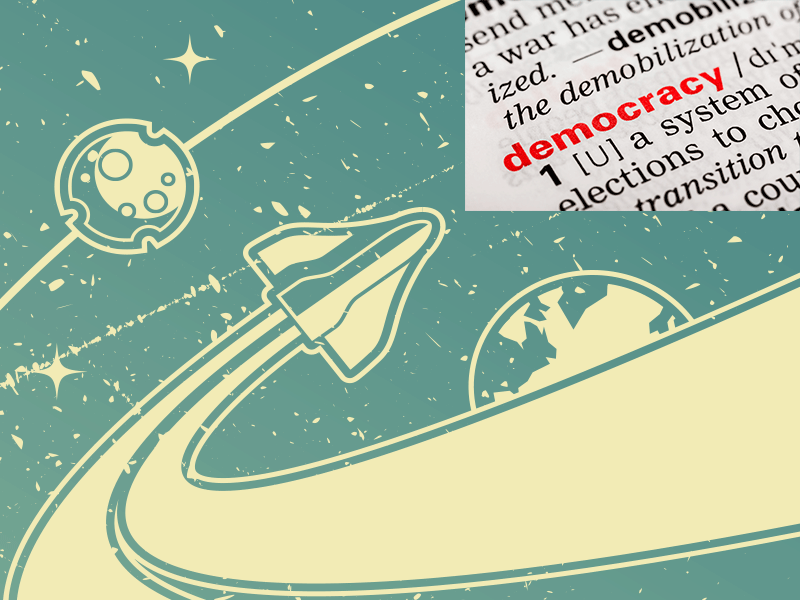Compulsory voting
It seems that everyone is voting at the moment.
Britain with their Brexit. The US with their primaries and getting ready for an election later this year. And us, here in Australia. We had an election yesterday.
I vote. Everyone citizen over 18 years old votes in Australia votes. (Or at least, they’re supposed to.) Because, you see, voting in Australia is compulsory.
People from countries where voting is not compulsory think it weird. “What about your rights?” they say. “They’re denying you the democratic freedom to not vote if you choose to.”
I’m a fan of compulsory voting. The majority of Australians are. (Last I heard it was 70% in favour.) Sure, it takes an hour out of your day, but there’s usually a sausage sizzle happening, and the mother’s club at the schools (where most polling booths are) run a sweet stall.
It’s even easy to choose not to vote. Turn up, have your name ticked off, and then don’t fill in any of the boxes before you put the papers into the ballot box.
Democracy as governing body
I’m also a big fan of democracy. I think most of us who live in democratic countries are.
But democracies aren’t generally the first government of any country. They evolve, over time, when people become knowledgeable enough and powerful enough to force the incumbent government to listen to them.
It can go back the other way, too. An elected government can take away civil liberties, effectively removing democracy if it goes too far. Or the military take over.
Governing in space
Who’s going to make money in space?
Government agencies? Probably not. Governing bodies spend money, they don’t make it. They spend it services and infrastructure for their constituents. No matter what type of government they are. (By making money here, I mean actually getting something from space that will net them money.)
Thus the first people to make money in space will probably be companies. It follows, then, that the first peoples in space to be large enough to require any sort of government will be working for those companies.
Suppose a big, multi-national sets itself down on an asteroid and starts mining it. Whose laws are they bound by?
No-one’s but their own. So the first laws on that asteroid will be that company’s code of conduct. It may turn into a democracy eventually, but it’s a lot more likely to stay a ‘company’ for as long as the people are treated well enough and can survive.
The other big group I could see going into space is religious groups. Pilgrims, spreading the word of their god forever on or outward. Or escaping from persecution. For these people, the leaders of their church will become the ruling body.
Again, a fully-fledged democracy will be a long time coming.
